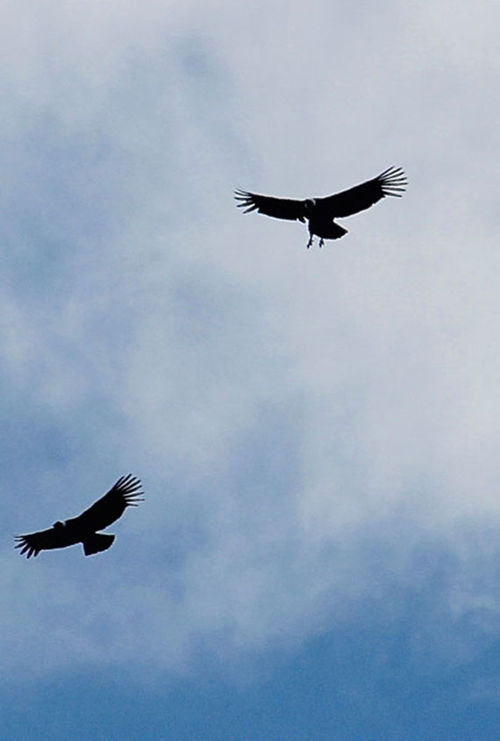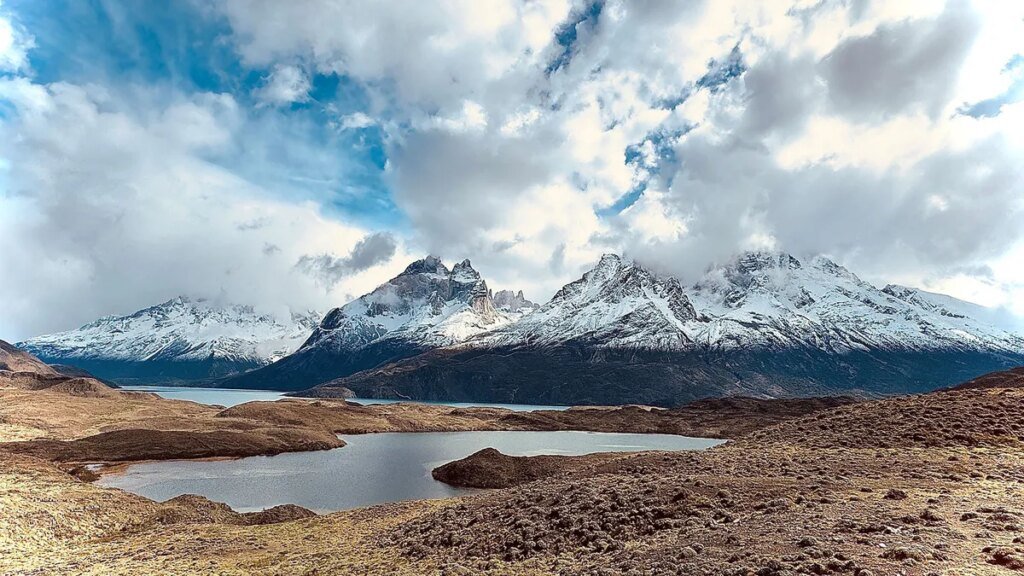Adventure travel often conjures images of thrilling experiences in exotic locales; however, as illustrated during the recent Adventure Travel World Summit in Puerto Natales, Chile, true adventure can also involve moments of stillness and patience.
This summit, organized by the Adventure Travel Trade Association (ATTA), emphasizes the importance of immersive experiences. Participants engaged in a unique “Day of Adventure” (DOA), mandating that all attendees partake in excursions led by local guides. This initiative aligns theory with practice, illustrating the essence of adventure travel.
Many participants flocked to the majestic Torres del Paine National Park—a stunning paradise located roughly two hours from Puerto Natales. On this day, travelers were reminded that patience is key in wildlife photography; this became evident while waiting to capture images of a puma noted by the expedition’s tracker.

A Patagonian puma begins a hunt. Photo Credit: Arnie Weissmann
During the photography session, participants adjusted their distance from the puma as instructed by their guide, Martin Aylwin from Kali Travels and Adventures. Though the puma shyly retreated due to the encroaching crowds, moments like these raised awareness about responsible wildlife viewing practices vital for adventure tourism.
Following this refreshing experience, other sights—wildebeest herds, soaring condors, and breathtaking landscapes—left an indelible mark on attendees, reinforcing the notion that adventure isn’t always frenetic; sometimes, it’s about appreciating nature’s subtleties.

It was not unusual to see Condors soaring in the air on our wildlife and landscape tour. Photo Credit: Arnie Weissmann
Prior to the summit, attendees embarked on a “pre-summit adventure,” showcasing how adventure can stretch beyond typical thrills. Situated 1,200 miles north of Puerto Natales, BirdsChile and Chiloe Natural facilitated an enriching five-day itinerary encompassing birdwatching, biking, hiking, and river rafting near Puerto Varas and on Chiloe Island. Although kayaking was omitted due to adverse weather, the inclusion of fine dining evoked intrigue and demonstrated an evolving perspective on what constitutes adventure.
As highlighted in discussions at the summit, a recent ATTA study unveiled that 67% of travelers are receptive to adventure experiences, indicating a potential market worth $1.16 trillion. This research categorizes adventure seekers into various profiles, including:
- Adventure Intensives: Those seeking adrenaline-fueled activities, often inclusive of culinary adventures.
- Cultural Explorers: Travelers who delve into local traditions, cuisine included.
- Nature Enthusiasts: Individuals appreciating the tranquility and connection with the environment.
- Experience Samplers: Those engaging in city trips and explorations beyond traditional adventure settings.
This diverse categorization highlights an inclusive approach to defining adventure travel. ATTA CEO Shannon Stowell emphasized the importance of immersive experiences, cautioning against superficial engagement—an idea echoed throughout the summit.
As the adventure tourism industry continues to expand, it becomes crucial for companies to emphasize responsible practices to ensure that new adventurers cultivate an appreciation for the environment and cultural contexts they explore. Adventure travel isn’t merely about the adrenaline rush—it’s a holistic experience that fosters environmental stewardship and cultural respect, allowing both travelers and local ecosystems to thrive.


